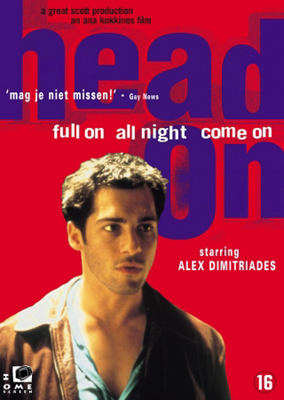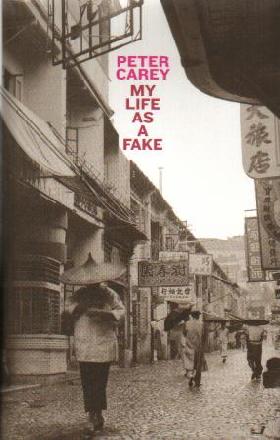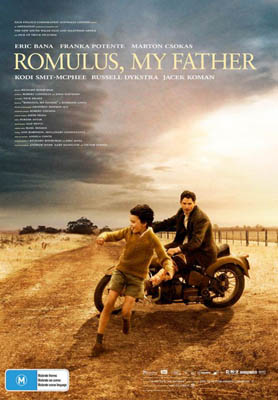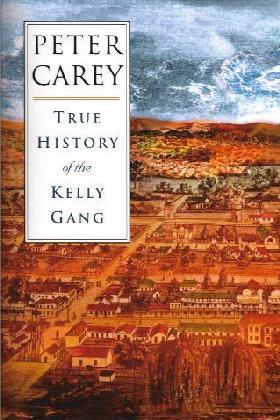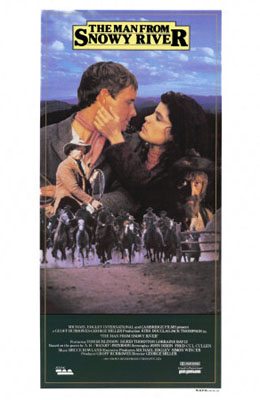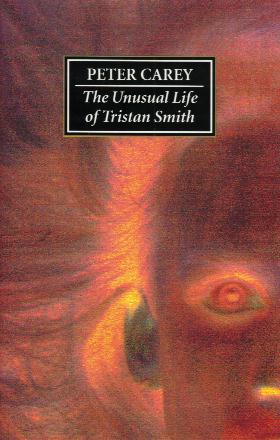When I started this weblog just on three years ago one of my major aims was to increase my knowledge of Australian literature, an area of study in which I felt woefully ill-informed. In some ways the past three years has helped overcome that deficiency but it has been mainly in the area of modern Australian literature: my knowledge of the classics is still well below par. And I needed to do something about that.
So I got to thinking about a few things early in December. I normally set myself a target of 50 books a year - it's about all I can handle - but didn't get anythere near that figure in 2007. If I got to 40 I'd be lucky. I figured it was mainly due to me discovering "The Sopranos" during the year and then proceeding to watch all 7 seasons. That came to about 80 hours of television, about 20 books at a normal reading rate. I needed to get back on track.
Just setting a target of a certain number of books wasn't going to cut it. I needed a specific set of books laid out, organised and annotated, if I was to achieve anything. In late October 2007 I transcribed, for this weblog, a rather florrid biography/profile of the English/Australian poet Adam Lindsay Gordon, originally published in "The Herald" newspaper in 1934. In response to that entry, Kerryn Goldsworthy noted that she had been reading Jane Gleeson-White's Australian Classics: 50 Great Books, which she subsequently reviewed for "The Australian". Her first comment intrigued me about the book; her subsequent review sealed it. I made a brief comment at the time I noted Kerryn's review that Gleeson-White's book was just the sort of thing I'd ask for at Christmas - the rest of the family never knows what to buy me, especially where books are concerned, so I normally make up a list. Even before I put in the request I checked out the book in the local bookshop. It looked like it had everthing I needed: 50 works, neatly fitting into a reading year; a good range of dates, from the 1880s to the 1990s; not all the entries where massive multi-volume novel sequences; and the range of works looked intriguing. I figured I'd found my reading list.
Jane Gleeson-White has selected a wide range of Australian works for her book. I could quibble with some of her choices, but that's picking nits for little or no purpose. Gleeson-White has chosen twenty-nine novels, two short stories, ten poems, three histories, three memoirs and three children's books in her list of 50. Again you could argue that a poem, or a short story, is hardly a book, so let's not. You can run the line that "The Man from Snowy River" by A.B. Paterson has had as much influence on the Australian literary scene as most novels you could name, and you'd have a lot of support from my quarter: it's the quality of the work that matters here.
It's my aim to read one of these works each week for the next year and to write about that reading experience as I go. I have no idea how well I'll do. I normally fail miserably at these things. Just so long as I stay away from "Deadwood" and the other television series chewing up my time I just might make it.
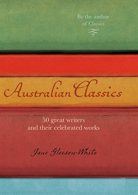 | AUSTRALIAN CLASSICS: 50 GREAT WRITERS AND THEIR CELEBRATED WORKS Jane Gleeson-White Allen & Unwin 338 pp. |
